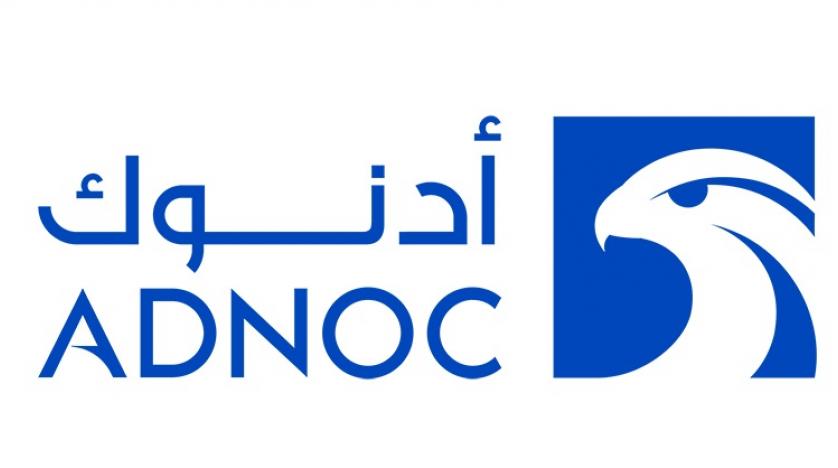
Team coaches can support a team to understand the faulty areas and encourage them to rectify and reinvent themselves. These professionals can influence a team positively to improve their performance, thus benefitting the organization. But is it effective all the time? Are there areas where team coaches might fall short of the support expected from them? Let’s explore the crests and troughs of this topic, starting with the definition of team coaching, or rather what it signifies.
What is team coaching?
Team coaching is a significant specialization in the coaching profession. A professional team coach helps a team or multiple teams achieve their organizational objectives while developing a sustainable environment for long-term success and excellence. Another benefit is the self-actualization to align towards a singular cause or a goal, inspiring team spirit by defining individual roles. The process evokes a sense of collective accountability and prompt decision-making ability, followed by affirmative action toward organizational growth and success.
5 Things Team Coaches Cannot Do for a Team
The productivity and performance of a team through team coaching are only effective if the coachee or the team members have a positive outlook toward the coach’s approach. The ones participating in the sessions should keep an open mind and the willingness to achieve improvement through the team coaches’ sessions. Otherwise, even the best coach in the world would fail to generate any positive results. Here are five things that a team coach cannot do for you:
Willingness for positive change: The objective is to bring transformation in individual life and performance, which reflects in the collective effort and conduct of the team members with one another. The willingness for that change has to come from within a coachee. A coach cannot instil that, but the professional can help and support one to evoke that sense in the team member. Nevertheless, the willingness has to be there.
Whether they want the coaching support: Do the team members want coaching support for improvement? That is another aspect to consider. Sometimes, a team may not be ready to make abrupt changes. Hence, a discovery session before starting coaching can help align goals and know whether team really requires coaching or something else.
Interest in Making Certain Choices: Once the team embarks on the transformation journey, each member and all of them, as a unit, would have to make certain choices and acknowledge and accept self and others for they are to bring positive changes. That decision to make the choices depends solely on an individual and not anyone else.
Implementation of the plan of action: During a coaching session, the team coach will listen to you without being judgemental and help you devise a plan to move forward. However, the willingness to implement it lies with the coachee, which is you.
Willingness to Improve: Lastly, coaching can help you find the path towards improvement, but the willingness to become better has to come from within the coachee. A team coach cannot convince team members to become better or force them to excel in their work. Not everyone can be coached and want to be coached.
Conclusion
The efforts of team coaches work only if team members have the will to bring a positive change and improvement in work and life. Does the role of a team coach inspire you? Do you want to embark on your own journey as a team coach? Then check out the team coach training courses offered by Team Transformation, one of the leading names in the team coaching industry, training aspirants to become professional team coaches.









































